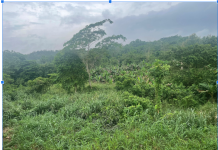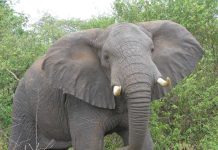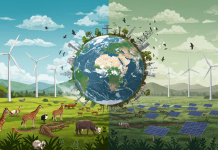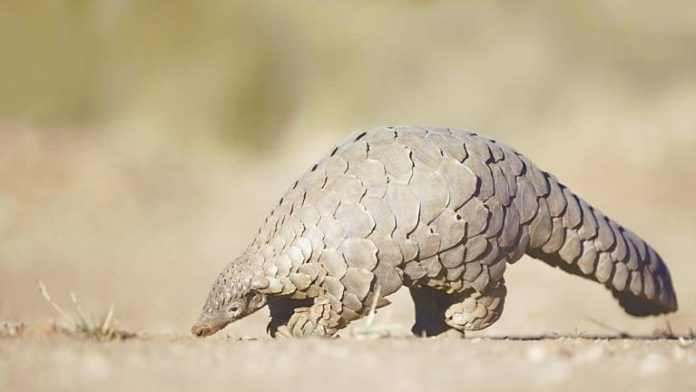The world’s most illegally trafficked mammal, the pangolin has been found to carry viruses closely related to the novel coronavirus currently spreading globally.
According to scientists, the sale of pangolins in wildlife markets should be strictly prohibited to minimise the risk of future outbreaks.
Pangolins are illegally trafficked both as food and in traditional medicine. The animals’ scales and meat are erroneously believed to be cures for numerous diseases including sexual dysfunction.
Read also: Coronavirus forces China to ban wildlife trade
A research published in the journal Nature, emphasised that these animals should always be handled with caution.
The research also recommended that surveillance of wild pangolins is needed to understand their role in the risk of future transmission of the virus to humans.
Lead researcher innthe study, Dr Tommy Lam of The University of Hong Kong said two groups of coronaviruses related to the virus behind the human pandemic have been identified in Malayan pangolins smuggled into China.
“Although their role as the intermediate host of the SARS-CoV-2 outbreak remains to be confirmed, sale of these wild animals in wet markets should be strictly prohibited to avoid future zoonotic [animal to human] transmission,” he said.
Read also: Researchers seek in-depth knowledge about pangolins before imminent extinction
Bats also contain coronaviruses, which are closer still to the human virus, except in one key area – the part that helps the virus invade cells.
“This tells us that viruses that look pretty adapted to humans are present in wildlife,” said co-researcher, Prof Edward Holmes of the University of Sydney. “Bats are certainly involved, pangolins may be, but it is very possible that other animal species are involved as well.”
The bat has been implicated in the recent spread of the Covid19 causing viruses. However, it is yet to be determined how the transmission occurred and the role of the pangolins or other wild animals in the spread of the novel coronavirus disease.























